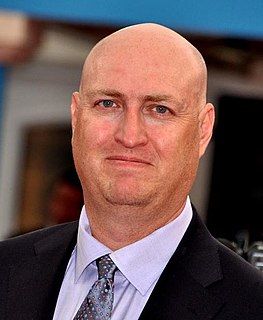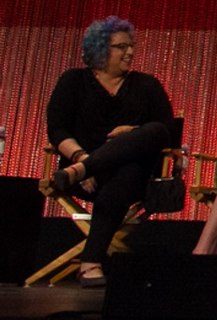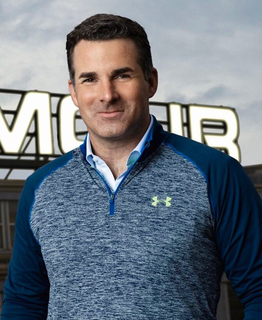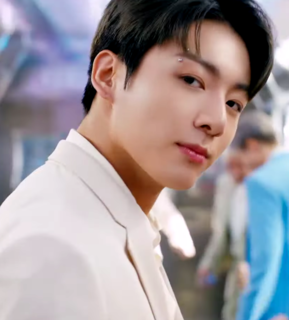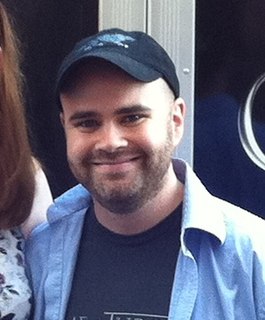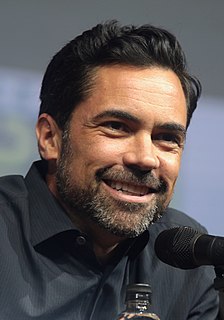A Quote by Alex Kurtzman
I think our goal and intention is to make sure that, when you watch each episode, you don't have to make that choice, but also that you can have stand-alone episodes, where a story can have a beginning, middle and end.
Related Quotes
There are story-room sessions where you think about the big picture, like a novel, but once you have certain things in place, you have to treat each episode like an hour of TV, and think that maybe this will be the only episode that anyone will ever watch. You want to have some sort of beginning, middle, and end to the episode, even if you have storylines that are carrying over. You still want it to feel like a cohesive hour of entertainment. And you can't think about both at the same time.
Great brands are like great stories. And every story has a beginning, a middle, and an end. And our job is to make sure that every chapter of our stories makes sense to the one in front of it and make sense to the one after it. There is no such thing as an overnight success. You have to get up and put your work boots on every single day.
A love affair is like a short story--it has a beginning, a middle, and an end. The beginning was easy, the middle might drag, invaded by commonplace, but the end, instead of being decisive and well knit with that element of revelatory surprise as a well-written story should be, it usually dissipated in a succession of messy and humiliating anticlimaxes.
One of the things I think we have to do is make sure that college is affordable for every young person in America. And I also think that we're going to have to rebuild our infrastructure, which is falling behind, our roads, our bridges, but also broadband lines that reach into rural communities. So there are some things that we've got to do structurally to make sure that we can compete in this global economy. We can't shortchange those things. We've got to eliminate programs that don't work, and we've got to make sure that the programs that we do have are more efficient and cost less.

